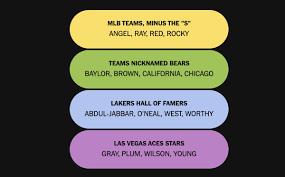Understanding the Role of Chief of War in Modern Military Strategy

Introduction
The concept of the ‘Chief of War’ has gained prominence in recent discussions about military strategy and leadership. As global conflicts evolve, the leadership styles and strategies employed by military leaders are becoming increasingly scrutinised. The role of a Chief of War extends beyond battlefield tactics; it encompasses strategic planning, resource allocation, and, above all, the ability to navigate complex political landscapes. Understanding this role is crucial for appreciating how military operations are conducted and how they impact global security.
Current Context
In 2023, various nations have appointed or reinforced the authority of their Chiefs of War in response to ongoing geopolitical challenges. For instance, the current U.S. administration has focused on strengthening military leadership amidst rising tensions with countries like China and Russia. The re-emphasis on strategic military roles comes as nations face non-traditional threats such as cyber warfare and hybrid military engagements.
Moreover, NATO’s recent exercises have showcased the importance of coordinated military strategies, demanding strong leadership from those defined in roles akin to a Chief of War. Recent joint exercises in Europe also highlight how alliances dictate military strategies and the necessity for strong leadership to foster collaboration among nations.
Key Responsibilities
The responsibilities of a Chief of War typically include:
- Strategic Decision-Making: The Chief of War must analyse and decide on operational limits, prioritisation of military resources, and long-term goals that align with national interests.
- Leadership and Morale: Effective leaders inspire confidence and morale in troops, critical during prolonged conflicts.
- Collaboration: Engaging with allied forces and securing international partnerships are essential components of the role.
Conclusion
As the military landscape continues to shift, the role of the Chief of War is becoming more pivotal. Effective leadership can mean the difference between success and failure in conflict situations. Looking forward, we may see further evolution in the expectations and functionalities of this role as countries adapt their military strategies to address both conventional and unconventional threats. For readers and policymakers alike, recognising the significance of a Chief of War can provide valuable insights into how global military dynamics may play out in the near future.









